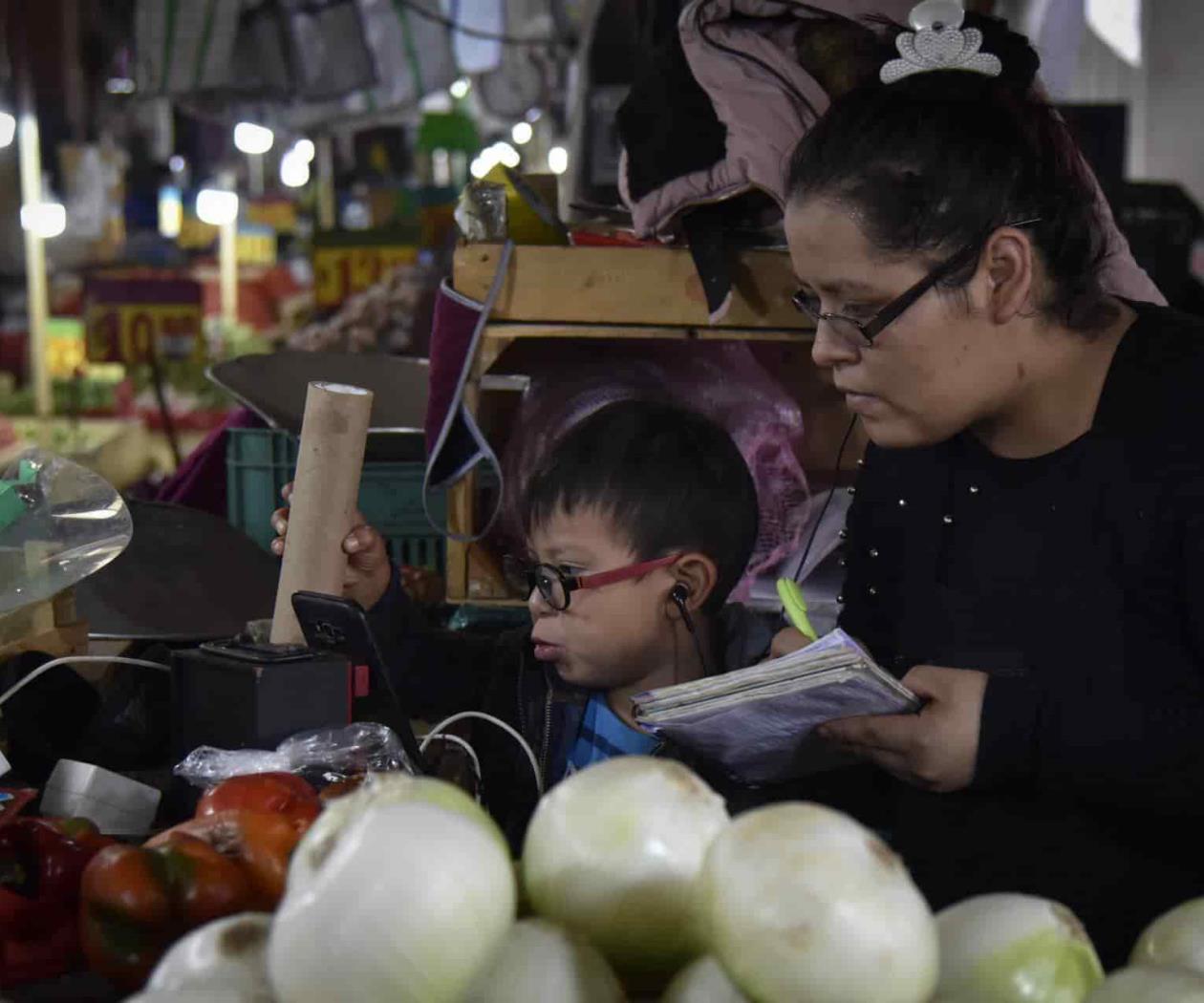
Before the COVID-19 pandemic began, women did more house chores and caregiving at home. In the National Survey on the Use of Time (ENUT), 2014, it shows concerning care activities, that, on average, women dedicate 28.8 hours a week, while men dedicate 12.4 hours. Seniors over 60 years, sick family members, and those with disabilities require and need more time.
During the pandemic, caregiving efforts have increased. Women continue with house chores, and many work remotely. They accompany the girls and boys in online classes, caring for the elderly and people with disabilities. Thus, it is they who are doing various activities of paid and unpaid work simultaneously.
Read: Feminists demand legal abortion across the country
How will caregivers take care?
In this health contingency: What services does the State have in mind for them? How are they being supported? What are the policies designed and implemented? What services are offered, so women do not have on workload to prevent physical or mental illness due to their work?
What is the budget for these services? What initiatives are there in this regard in the H. Chamber of Deputies and the Senate?
As women continue to resolve difficulties in this regard every day in their homes and their families, we have not valued caregiving. Instead of increasing the budget for issues like this, it is reduced. Full-Time Schools programs are removed, not being left what will happen to the 27 thousand full-time schools in the country and the 3.6 million girls, boys, young people, and their families who benefited from it. It would be necessary to think about applying for this Program during and after the pandemic but not to disappear.
Women will continue to support a large part of our country's economy, until when? It is time to generate joint responsibility between the State, the market, the community, and the families. Through a National System of care, it can be done. Hopefully, it is considered an option, since it is women who continue to be the ones who sustain the daily life, and it can't be like that anymore.
Read: The dark side of the sisterhood

Luz Galido
Twitter: @Luzapelusita
She is a teacher at UNAM. She did her postdoctoral at CEDUA-COLMEX. Her research lines are the gender perspective, public policies, use of time, social responsibility, daily life and care work, family diversity and sexual diversity, and new experiences of being men (masculinities).
Traducción: Valentina K. Yanes


